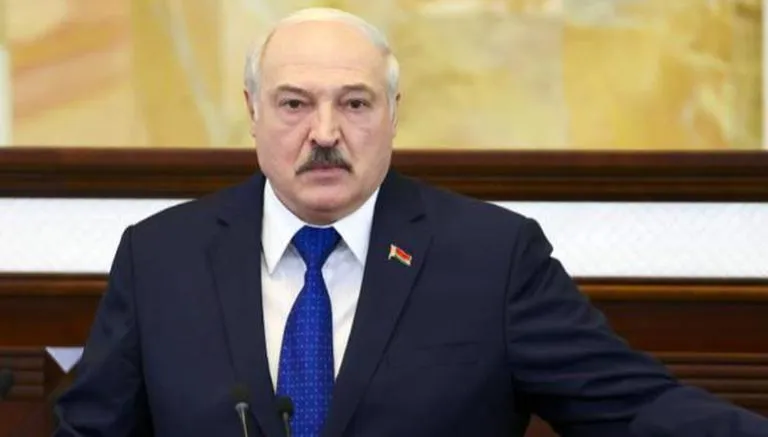For Ruslan, an engineer in the Belarus capital of Minsk, Russia’s war in neighbouring Ukraine suddenly seemed closer than ever when a conscription office recently sent him a summons for military training. It’s part of an effort that will see thousands of men in Belarus attend drills amid fears that the staunch Moscow ally could be drawn into the fighting.
“They are telling us that Belarus won’t enter the war against Ukraine, but I hear Russian warplanes roar over my house heading to the Machulishchi air base outside Minsk,” the 27-year-old told The Associated Press in a telephone interview. He asked not to be fully identified out of concern for his personal safety.
“Russian troops are already in Belarus, and I see the country gradually being turned into a military barracks,” he said. “Everybody fears that they won’t allow Belarusians to keep watching the war from a distance for too long.”
Belarus President Alexander Lukashenko has welcomed thousands of Russian troops to his country, allowed the Kremlin to use it to launch the invasion of Ukraine on Feb. 24, 2022, and offered to station some of Russia’s tactical nuclear weapons there. But he has avoided having Belarus take part directly in the fighting — for now. Analysts and political opponents say that further involvement over Ukraine could rekindle public anger against him and erode his iron-fisted grip on power that has lasted for nearly 29 years.
Lukashenko, who meets regularly with Russian President Vladimir Putin, has relied on the Kremlin’s political and economic support to survive months of protests, mass arrests and Western sanctions following an election in 2020 that kept him in power and was widely seen at home and abroad as rigged. Russia’s invasion is deeply unpopular in Belarus, which shares a 1,000-kilometer (620-mile) border with Ukraine and has many citizens with family or personal ties there.
“The Belarusians don’t see any sense in this war,” said Svyatlana, a 54-year-old manager in Luninets, near the border. She asked not to be identified by her full name for her own security. A new Belarusian air defense unit was formed recently in the city, she said, and “war fears have increased” as troop numbers have grown.
Belarusian military analyst Aliaksandr Alesin said that if the country’s 45,000-member army is sent into Ukraine, there might be “mass refusals to follow orders.” He said Lukashenko won’t do it “because he fears to stir up discontent among the military, who could turn their weapons in a different direction.”
